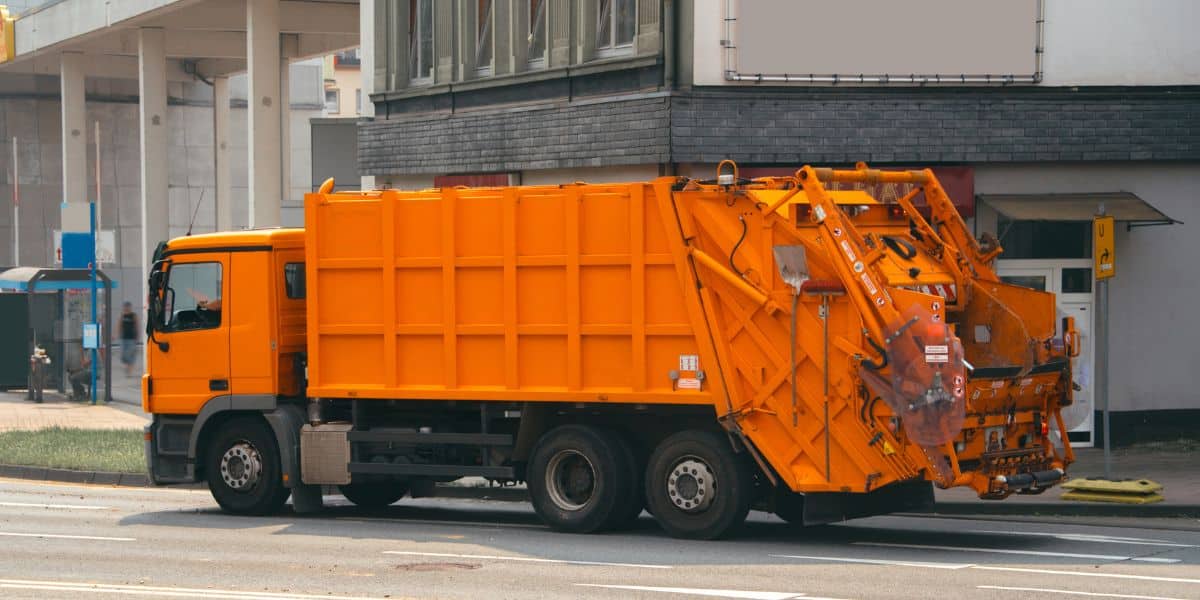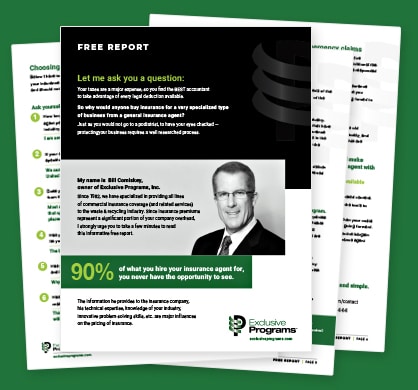Sanitation companies in Florida face a multitude of regulations designed to protect the environment, public health, and worker safety. As internal risk managers and safety directors in the waste management industry, you’re likely well aware of the complex web of rules and standards that govern your operations. In this blog post, we’ll explore the role of insurance and how it ensures sanitation company compliance, and provide insights into insurance solutions specifically tailored to sanitation industry regulations.
The Importance of Sanitation Company Compliance

Overall, insurance for sanitation industry regulations is a powerful tool to safeguard your business against unforeseen compliance challenges and mitigate potential risks.
Understanding Insurance for Sanitation Industry Regulations
Insurance plays a vital role in supporting sanitation company compliance. Here’s how it can help:
1. Liability Protection
Sanitation companies often deal with hazardous materials and equipment, making the risk of accidents and injuries a constant concern. Insurance policies, like General Liability and Workers’ Compensation, can provide financial protection in case of accidents, injuries, or damage to third parties.
2. Environmental Liability Coverage
Whether it’s a hazardous waste spill or environmental contamination incident, this coverage helps mitigate the financial impact, covering costs related to cleanup, legal expenses, and potential fines. Investing in environmental liability coverage will ensure sanitation company compliance because it demonstrates a company’s commitment to environmental responsibility and adherence to industry regulations. That will in turn safeguard its operations and reputation while fulfilling its compliance obligations.
3. Business Interruption Coverage
In case of unforeseen events that disrupt your operations, such as natural disasters or equipment breakdowns, Business Interruption Insurance can provide financial support to cover lost income and ongoing expenses. It’s a vital component of insurance for sanitation industry regulations, providing financial support to ensure business continuity and employee protection during operational disruptions caused by disasters or compliance-related challenges.
4. Compliance with Supplier Insurance Requirements
Many municipalities and clients require sanitation companies to maintain specific insurance coverage to ensure their safety and financial responsibility. By complying with these requirements, you open doors to more business opportunities.
5. Tailored Insurance Programs
Some insurance providers, like Exclusive Programs, offer custom insurance programs designed specifically for sanitation company compliance. These programs are crafted to meet the unique needs and challenges of the waste management industry, making it easier for you to stay compliant.
Exclusive Programs: Your Partner in Compliance
As a trusted insurance provider, Exclusive Programs understands the intricacies of the sanitation industry. With our extensive experience, we offer tailored insurance solutions to help waste management companies in Florida meet compliance standards. Our services encompass commercial insurance, surety, risk management, employee benefits, and related consulting services. We are dedicated to minimizing your insurance expenses and ensuring your operations comply with sanitation industry regulations.
Stay Compliant with WasteGuard
Sanitation company compliance is non-negotiable. Insurance is your ally in ensuring your company meets sanitation industry regulations and is protected from unforeseen risks. Exclusive Programs. is your partner in this journey, offering tailored insurance solutions that keep your business compliant and thriving.
If you’re ready to take the next step in safeguarding your sanitation company’s compliance and success, contact us for more information. Don’t let compliance challenges hold you back; let insurance be your shield in the waste management industry.
Remember, staying compliant isn’t just a requirement; it’s a commitment to a safer, cleaner, and more sustainable future.






